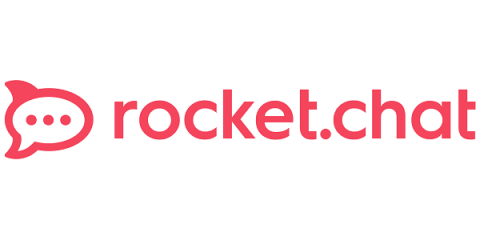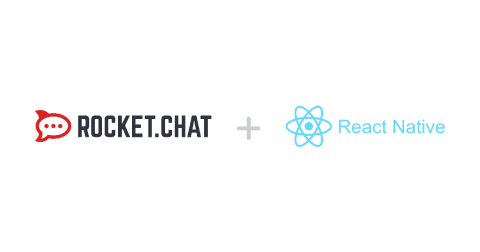Rocket.Chat SaaS: A Secure Hosted Service
In recent years, the move from deploying applications on-premise into the cloud has accelerated quickly and changed the whole industry. Today, most services are ready to be used in as short as a few minutes. Rocket.Chat is no different and there is no need to wait any longer: Rocket.Chat as a managed service is ready for you.





